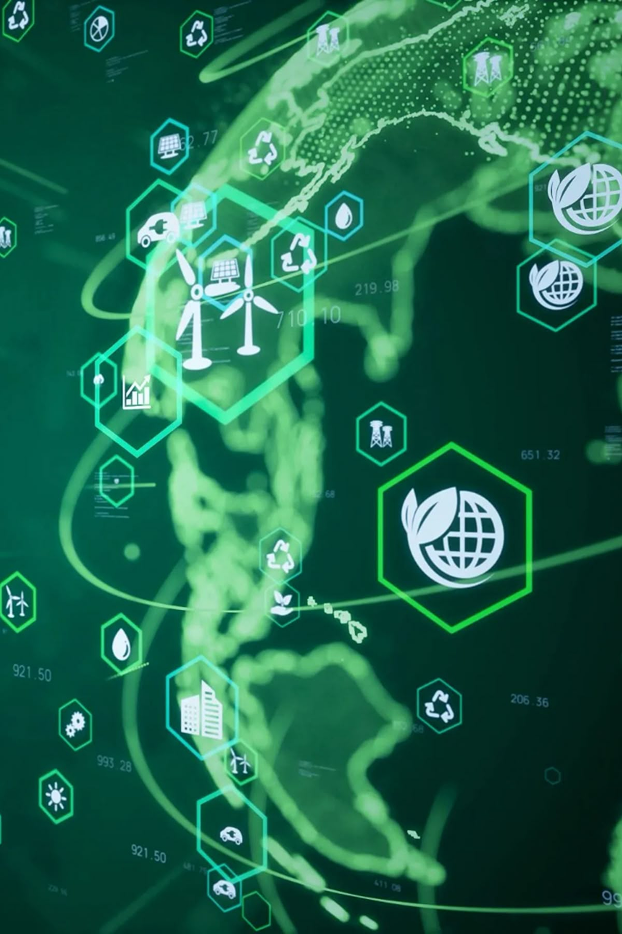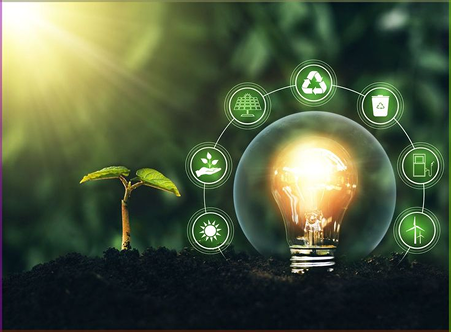
The De-fossilization Program is a series of strategic steps designed to reduce, replace, and ultimately eliminate the use of fossil fuels as a primary energy source. This program was born out of the urgent global need to address the climate crisis, reduce greenhouse gas emissions, and create a cleaner, safer, and more sustainable energy system. Essentially, de-fossilization is not simply replacing coal, oil, or gas with renewable energy; it also involves a comprehensive transformation of how energy is produced, distributed, and consumed across various sectors.
PT Nikel Energi Hijau's de-fossilization programs also include efforts to integrate modern technologies such as energy storage systems to store excess energy, energy management systems to optimize usage, and green mobility solutions that support low-emission transportation. All of this is being implemented in an integrated manner to strengthen energy reliability, maintain supply stability, and ensure the long-term availability of clean energy.
KEY COMPONENTS OF DE-FOSSILIZATIONS

MAIN BENEFITS
The benefits of this program extend beyond environmental impacts to economic and social benefits. By reducing reliance on fossil fuels, energy costs can be reduced, new jobs in the green energy sector can be created, and renewable energy export opportunities in the form of green hydrogen or synthetic fuels can be opened. PT Nikel Energi Hijau, through its De-fossilization Programs, is committed to being a catalyst for change, ensuring that Indonesia can move towards a carbon-free future while leading clean energy innovation in the Asian region.

Frequently Asked Questions
De-Fossilization Programs are initiatives aimed at reducing and ultimately eliminating the use of fossil fuels in energy, transportation, and industry. They promote the transition toward renewable energy, sustainable fuels, and low-carbon technologies to achieve climate neutrality.
They are essential for combating climate change, reducing greenhouse gas emissions, and ensuring long-term energy security. These programs also drive innovation, create green jobs, and support countries and businesses in meeting their sustainability and net-zero targets.
Implementation can include replacing fossil fuels with renewable energy sources, adopting energy-efficient technologies, investing in green hydrogen and e-fuels, and creating policies that encourage decarbonization across sectors such as transportation, manufacturing, and power generation.